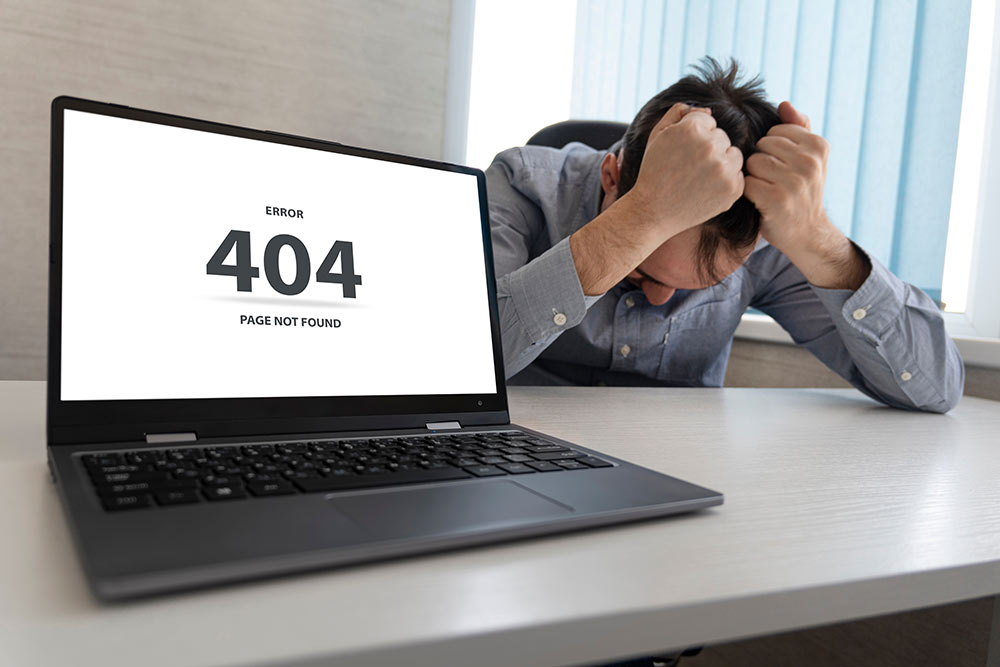You need to regularly monitor for and fix internal and external broken links on your website to improve its visibility on search engines, provide the highest user experience, and keep it up to date. Keeping your hyperlinks up-to-date gives your readers access to useful resources and information.
What is an outgoing or external link?
Your website has two types of links: internal links and external or outgoing links. Most websites have outgoing links. Outgoing links are hyperlinks that point to content and media on another website (also known as an external link).
For a Chamber of Commerce website, this might be a link to a local business’s website, your city’s government website, or even resources on a small business development center’s website.
What is an internal link?
A hyperlink that directs users to a page or resource on your website is called an internal link. These also need to be checked for broken links, also known as dead links.
For example, hyperlinks on the Kathy Jacobs Design website are signified by green text that turns blue when rolled over. This link goes to samples of website design projects we have completed.
When you remove images and PDFs or move pages on your website, you may forget to update the links that point to that page or resource. This will cause a broken link.

Why do links break?
While external links add useful resources and tools for your users, the URL may change if a website is reorganized or redesigned. When a page is moved or deleted, any links that point to that page will become broken. Then, when a user clicks on the link on your website to a page that no longer exists, they will get an error.
Why are broken links bad?
Broken links create a bad user experience. Imagine clicking on a link in an article you read and encountering a 404 Not Found error. Not only is this frustrating, but it can signal to the reader that your website is outdated or untrustworthy. When a user encounters several broken links, it may cause them to leave your website. User experience is one factor affecting your organic search engine rankings.
Dead links can also hurt your ranking in organic search engine results by signaling to the search engine that your site is out-of-date. Search engines prefer to recommend the most current, updated, useful information for the user.
Broken internal links can cause crawl errors when search engines index your website, meaning some pages might not show up in organic search results.
Keeping links up-to-date helps you
- Provide a good user experience for your visitors
- Show that your website is kept current and fresh
- Avoid any potential negative impact on your search engine rankings
Read about 7 tools to find and fix broken links on a website
Need help?
If you would like help with social media marketing, content creation, content marketing, email marketing, or web development for your Business, Chamber of Commerce, or Tourism Organization, get in touch with us today!

